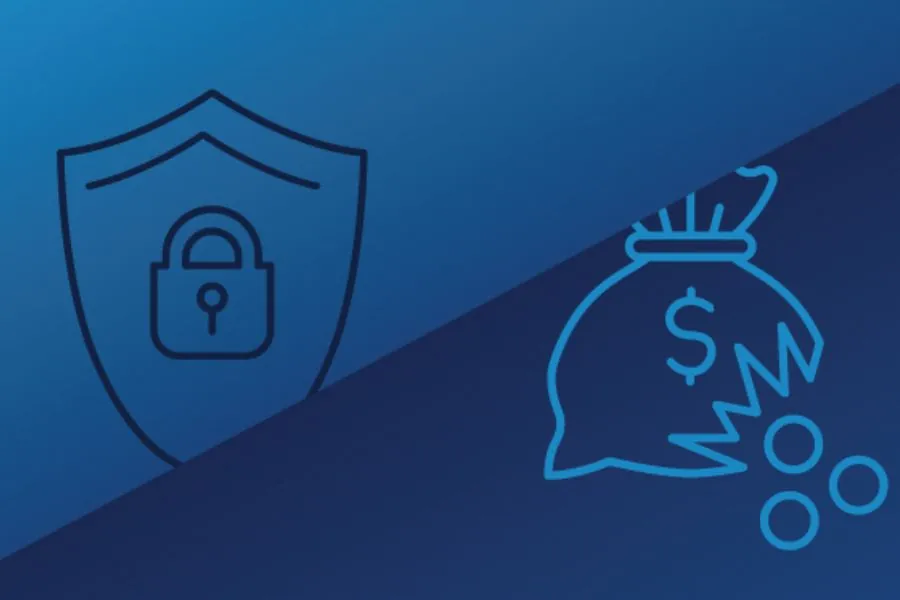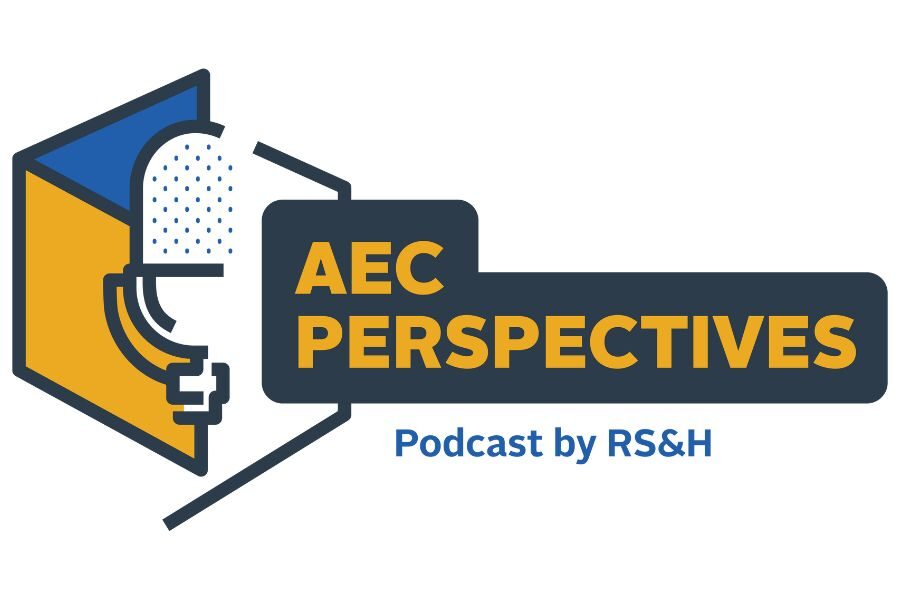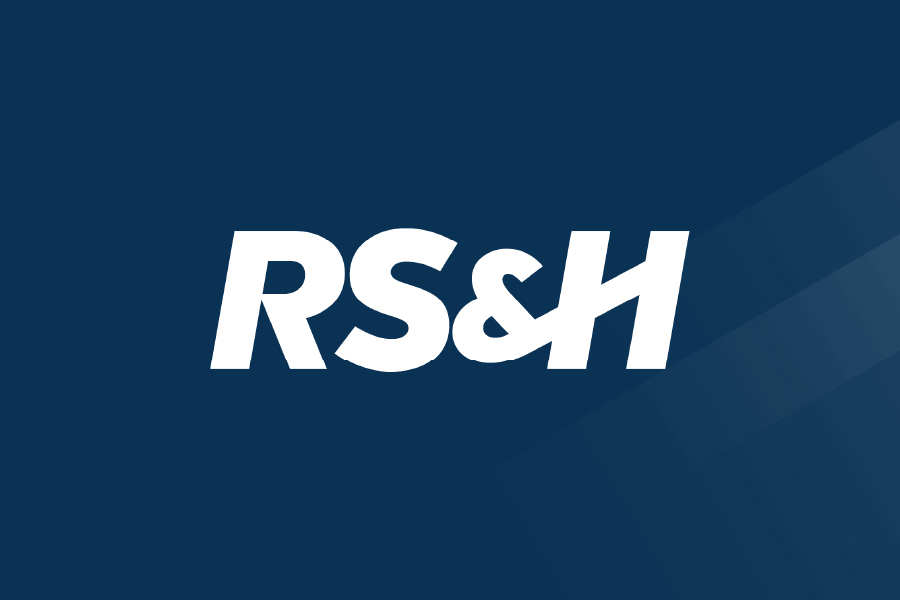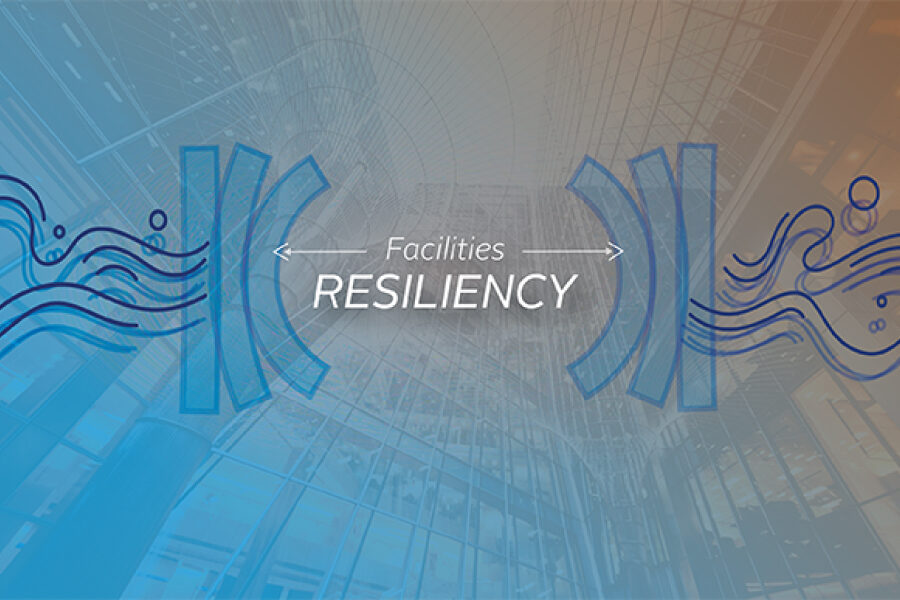3 Lessons & 3 Actions for Fight Against Corruption

Corruption in the global engineering and construction industry, as a significant sector in the world economy, has long been a source of concern. Recent World Economic Forum studies estimate the annual cost across all industry sectors at $2.6 trillion per year, with over $1 trillion alone paid in bribes. The AEC industry, unfortunately, is a significant contributor to these losses; the World Bank has estimated between 10-30% of global infrastructure projects are lost to corrupt activities.
Effectively combatting corruption, while promoting integrity in the delivery of engineering and construction services, is one of the challenges undertaken by the International Federation of Consulting Engineers (FIDIC) Integrity Management Committee (IMC). Integrity is a core value of my company, RS&H; it is also a personal value I have developed throughout my professional career.
In March, I had the honor of moderating a webinar panel of several colleagues from across the globe on the topic of “Combating Corruption in the Engineering and Construction Sector.” The webinar featured six excellent presentations and a robust Q&A between panelists and attendees. In the weeks following this event, one participant’s question has continued to nag after me.
“I’ve been in this industry for forty years,” noted the participant. “What’s different this time?”
One simple, perhaps too-easy-of-a-response is the COVID-19 pandemic.
Working at home, individuals and employees all over the globe have had to get work done without managers sitting nearby and the benefits of a traditional engineering or construction environment. Each of us has had the opportunity to reinforce a personal sense of integrity—or without positive support, to encounter difficulties in resisting corruption’s siren call.
Systemically, new technologies and platforms have been rolled out rapidly in order to keep businesses viable and engaged. In our industry, all of us had to pivot to new ways of completing our work without the opportunity to consider all potential outcomes, good and bad.
Many methods of remote business do not have the history or legacy of corruption that was present in the pre-pandemic environment. It is likely true that the triangle of corruption—the giving hand, the receiving hand and the enabling hand— continued throughout the pandemic. Corruption hasn’t yet become ingrained in these new pandemic and post-pandemic business processes, though.
Lessons for a Roadmap to Success
Therein lies an opportunity. With awareness and the will to effect change, we can make headway against corruption. In the panel, my colleagues laid out a possible roadmap to success at the individual, group and collective levels.
1. Individual steps can make an impact
Panelist and IMC member Lyndon White encouraged engineering and construction professionals to feel empowered to report corruption, even when it is not wide-scale. “… The smaller fish are often greater in number than the bigger fish,” Lyndon said.
Lyndon also noted that in the last two decades, an individual’s power to make a difference in fighting corruption has only grown stronger. As a solo consultant in the Pacific, working on internationally funded projects and programs, he has seen that firsthand.
Not everyone has been able to see the same opportunities Lyndon discussed. It can often seem as if individual action isn’t enough to fight against the tide. “What if I find myself in an organization where many individuals are acting with corrupt intent?” lamented one participant in the webinar chatbox. To help this professional and others like him, systemic shifts must also occur.
2. Collective action supports individual concerns
“You can’t just disseminate information without creating and facilitating a collaborative environment,” said panelist and dispute resolution specialist Aisha Nadar. In her comments, Aisha drew upon the “Prisoner’s Dilemma,” a game theory concept in which two seemingly rational prisoners might work against each other even when collaboration is in their best interests.
There is a clear business case for collective action, noted Aisha. Collective action will help level the playing field, eliminating a key driver of corruption. It will also improve the public trust and enhance the industry’s ability to work with governments to change laws.
Other panelists shared industry and agency success stories in support of Aisha’s proposition.
3. Agencies focusing against corruption experience success
Panelist and IMC Vice-Chair John Ritchie discussed the success of the Maritime Anti-Corruption Network (MACN). This network was formed by several of the world’s largest shipping lines to fight against shipping industry corruption. Representing 156 firms and agencies and 50% of the total global tonnage of shipped goods and materials, MACN has made significant headway since its founding in 2011.
In addition to the MACN, the Millennium Challenge Account in Liberia (MCA-L), a recently completed compact in Africa, showcased the good that comes when anti-corruption efforts are built into a program and reinforced at all levels.
“The Millennium Challenge Account is an autonomous agency set up by the United States government and the government of Liberia to administer a $257 million grant from the United States government through the Millennium Challenge Corporation of Washington, D.C.,” said panelist and Millennium Challenge Account deputy CEO Tshaka Dennis. The program addressed poverty in Liberia by providing reliable, affordable electricity and improved road infrastructure. To execute the compact, Tshaka’s team had to put together an anti-fraud and corruption plan.
Jimmy Pierre, panelist and MCA-L general counsel, added that the MCA-L team treated their anti-fraud and corruption plan like one would “a project that needs to be implemented just as the construction work needs to be implemented.” It proved successful when a disgruntled construction firm that lost a bid for one of the compact’s largest projects attempted to manipulate Liberian officials and MCA staff – and failed.
How To Act Against Corruption
In reviewing the webinar’s attendance, my eyes were opened to the wide range of people who are interested in fighting corruption and are ready to act. Over 70 countries were represented across the nearly 900 participants who attended the live presentation—and more than 500 others have viewed the recording. This represents an excellent contribution to sharing awareness and ideals against corruption.
It cannot, however, be our only contribution. The words of that webinar participant continue to ring in my ears, demanding an answer… “What’s different this time?”
In response to this challenge, I offer the following call to ensure this time is different:
1. Take individual action
The first step towards any goal, especially a daunting one, is often increasing awareness. Taking advantage of webinars and training courses offered by agencies in one’s home country (such as a national chapter of Transparency International) is an excellent first step. Talking about corruption openly with others in the industry can be challenging–it also contributes to awareness. So will joining and actively participating in professional organizations like the American Council of Engineering Companies (ACEC), the United States’ member association that reports to the FIDIC Secretariat.
Finally, while this can be a difficult step for some, disengage yourself from companies and business associates who act corruptly. Associate yourself with like-minded professionals who support integrity in business and in their personal lives.
2. Encourage corporate action
We often talk about systems and companies as separate from individuals. But many of us hold positions of power in those systems and have the ability to shape our organizations’ actions and stances against corruption. Many organizations have developed tools to support business integrity. FIDIC has developed the FIDIC Integrity Management System (FIMS); there is an ISO Anti-Bribery Standard (ISO 37001) that explicitly lays out measurable steps for fighting bribery.
In addition, the simple steps of creating a code of conduct for a company’s employees, providing anti-corruption training, and demonstrating a commitment from top leadership to fighting corruption and to “do the right thing” as a way of business are all strong and positive steps.
3. Contribute to collective action and reinforce systems against corruption
Other agencies and governments could look to MCA-L as an example. On the demand side of corruption, the MACN sets a good example, having grown since its 2011 inception to represent a near-majority of the global shipping trade’s volume.
Additionally, new systems that have been reinforced by the past year’s remote work, combined with technologies such as blockchain and e-procurement, represent a foundation of opportunity for opposing corruption.
Through both systemic action and the use of digital technologies by companies and agencies desiring corruption-free outcomes, we might find the same success as MCA-Liberia and MACN.
So, What’s Next?
Encouraged by the desire for corruption reform we saw in March, my colleagues and I within the IMC are taking our own steps to build a collective, inclusive approach to fighting corruption. With an eye on beginning global conversations about corruption as we emerge into the new, post-pandemic reality, our committee is preparing an initiative to roll out in 2021.
We will need a diverse coalition of voices, professionals and communities to change the reality of corruption on post-pandemic worksites and offices. We will need your help. Individual actions can be strong; collective action is more effective.
Please keep an eye and ear out for these efforts. Your contributions will help us shape the conversations, actions and systems that encourage others to act against corruption and in favor of integrity, fair play and sustainable business practices. I look forward to hearing more voices speak up in support of integrity in 2021, and for many years to come.
Learn how we can bring a dedication to integrity and a spirit of innovation to your next project.



